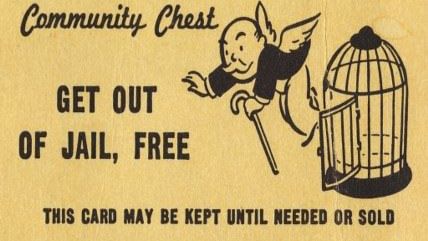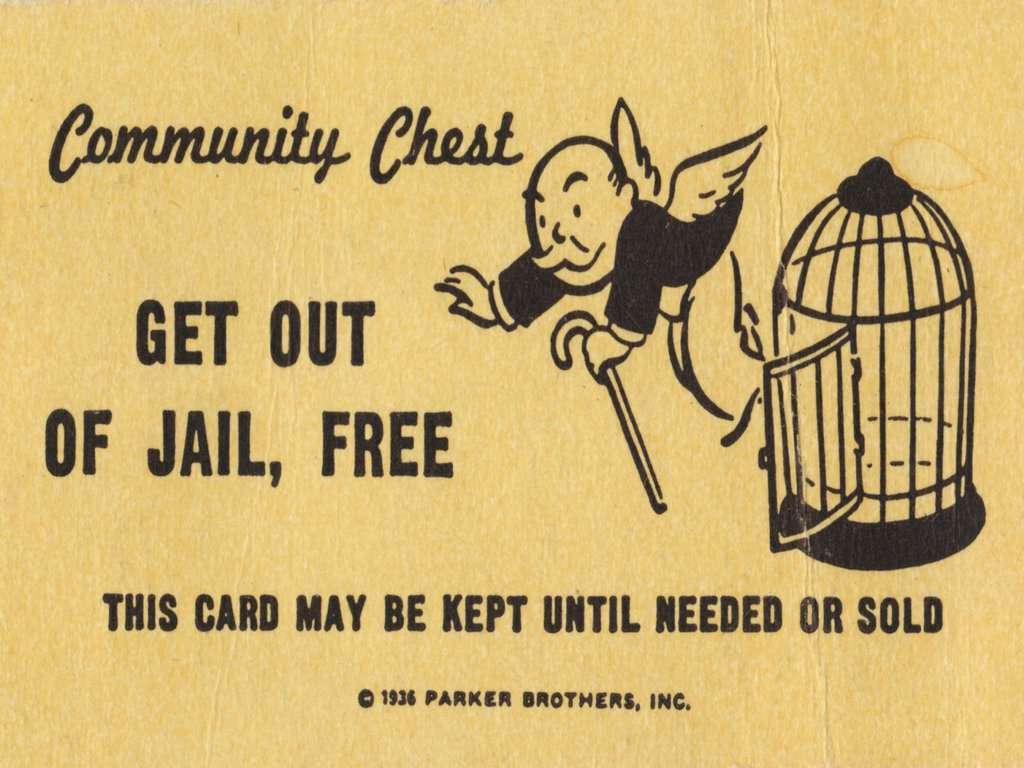2013 Was a Banner Year for Letting Innocent People Out of Jail
87 were released from prison in 2013 after proving they didn't do it


Eighty-seven — It seems like such a small number compared to the more than two million adults currently incarcerated in the United States. Eighty-seven is the number of people exonerated and freed from prison in 2013, and that tiny number is a record high.
The National Registry of Exonerations put out its report (pdf) for 2013 today with these new figures. A couple of interesting details to note:
- The number of people being freed from prison due to DNA evidence is dropping. Only 18 were freed in 2013 due to innocence determined by DNA evidence.
- A record number of the exonerations – 15 – were of prisoners who had pleaded guilty. The registry reports the number continues to climb.
- The number of exonerations that involve non-violent crimes is also increasing, though the majority of cases involved murder or sexual assault. One exoneration in 2013 was of a person on death row.
- More than a third of the exonerations were obtained with the cooperation of law enforcement. The registry notes, "[P]olice and prosecutors appear to be taking increasingly active roles in reinvestigating possible false convictions, and to be more responsive to claims of innocence from convicted defendants."
That small number of 87 may also end up growing. The registry isn't always made immediately aware of every exoneration. They added 234 exoneration cases to the registry during 2013, many from previous years.
The report also calculates some averages based on all the exonerations they've reported since 1989 (1,281 exonerations). As a group, these prisoners (mostly men) spent 12,500 years in jail, an average of 10 years for each improperly convicted prisoner.
Editor's Note: As of February 29, 2024, commenting privileges on reason.com posts are limited to Reason Plus subscribers. Past commenters are grandfathered in for a temporary period. Subscribe here to preserve your ability to comment. Your Reason Plus subscription also gives you an ad-free version of reason.com, along with full access to the digital edition and archives of Reason magazine. We request that comments be civil and on-topic. We do not moderate or assume any responsibility for comments, which are owned by the readers who post them. Comments do not represent the views of reason.com or Reason Foundation. We reserve the right to delete any comment and ban commenters for any reason at any time. Comments may only be edited within 5 minutes of posting. Report abuses.
Please to post comments


Never, ever say again that our overlords are not compassionate.
"I pardon you."
Am I not merciful?!
That's really nice of them, it almost makes you forget about those summarily executed by the cops on the streets and in their homes.
SOFT. ON. CRIME.
It's good to know that fewer than a hundred of the people serving time in 2013 were actually innocent. Or provably innocent, which I guess is the same thing.
The system is working!
As cynical as I've become, I do believe that any system that can and does do these types of exonerations is, in a way, working.
The system which never exonerates anyone is to be distrusted.
Hopefully these exonerations will be reviewed so future false-convictions will be avoided.
It's an amazingly important question: How many people currently incarcerated are innocent of the crimes for which they were convicted? I think it's safe to say that the number actually released is a very small fraction of the total who are innocent.
That number gets even bigger, I'm sure, if the bar is lowered to not provably guilty versus actually innocent.
I say this as someone who still tends to believe that most people charged are guilty. Giving more benefit of the doubt to law enforcement and prosecutors than they deserve, most likely.
There number has to be very large. As long as the number of people held accountable for convicting innocent defendants remains effectively zero, the number is unlikely to go down anytime soon.
What is frustrating about this is lost in understandable joy over getting these guys out is the incredible need to fix a system that put them there. We clearly have a systematic problem.
How many people currently incarcerated are innocent of the crimes for which they were convicted?
That's one important question. The other is how many "crimes" should actually be crimes.
The other is how many "crimes" should actually be crimes.
Good point. Like... if the President does it, is it really a crime?
No, because he is the sovereign, and sovereigns can't commit crimes, because they're only answerable to God.
Of course I agree. I actually have a fairly lengthy list of amazingly important questions.
That number gets even bigger, I'm sure, if the bar is lowered to not provably guilty versus actually innocent.
Aren't they supposed to be provably guilty before they're convicted in the first place? Or is that some other country I'm thinking of? One that's actually free.
^^THIS^^ Not provably guilty means innocent. I don't take any comfort from the thought that the justice system usually only frames guilty men.
Nor do I.
Indeed! There have been others, to be sure. There are always others, are there not? You seem to be one who knows the difficulties between government and the accused. How seldom it works out.
Is any of us really innocent?
Certainly not me, I've been a bad, bad boy.....
oops, wrong forum
Unfortunately, the solution to this 'locking up innocents' problem has been found by ensuring that we have so many federal laws that a citizen is guaranteed to be guilty of at least 2 or 3 of them at any given moment.